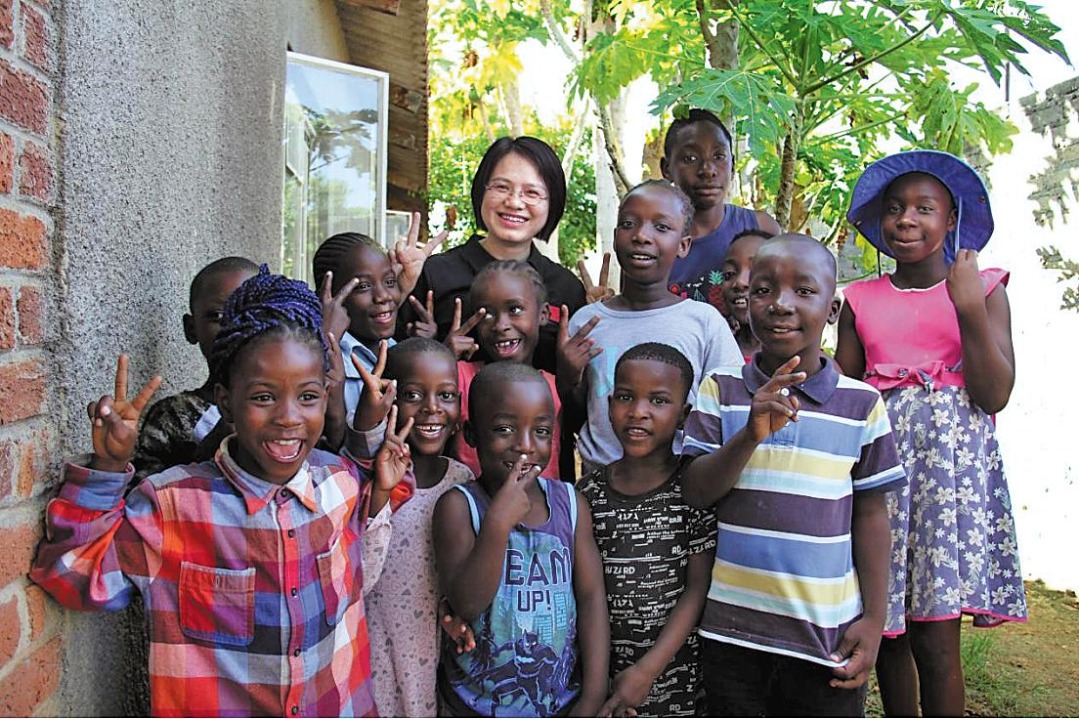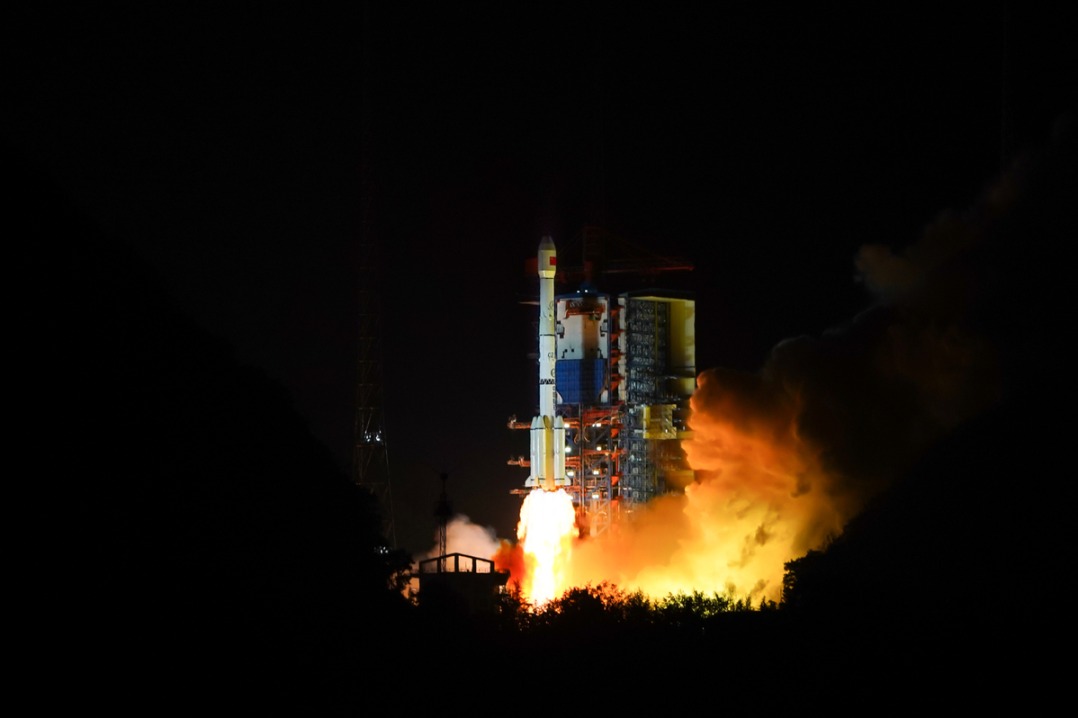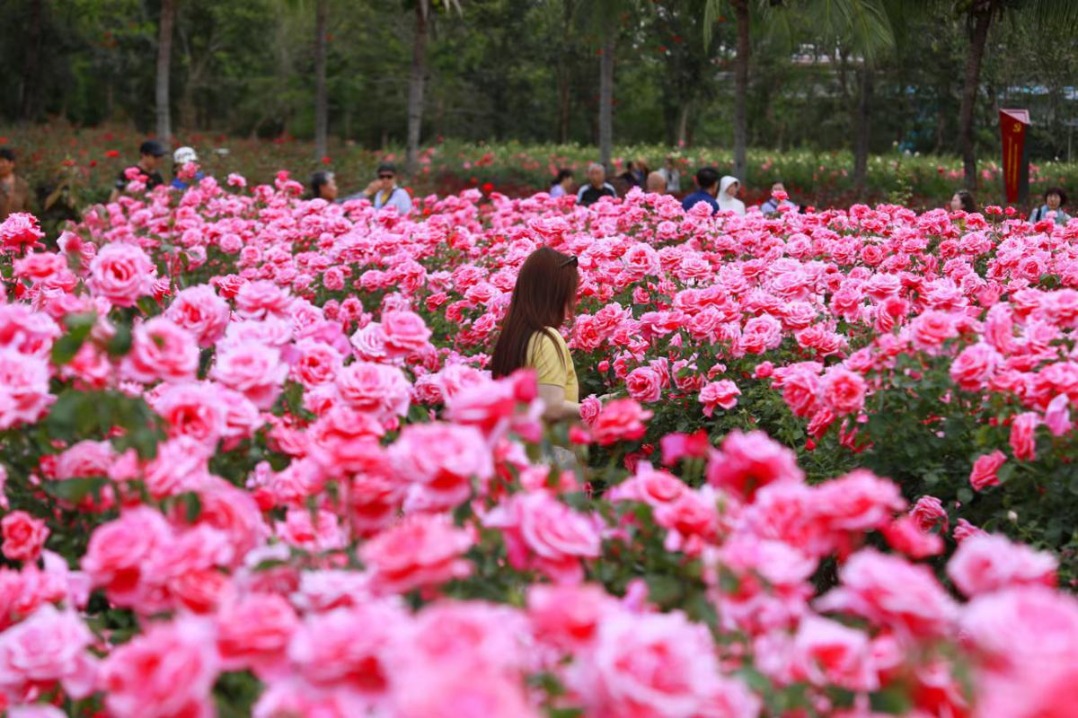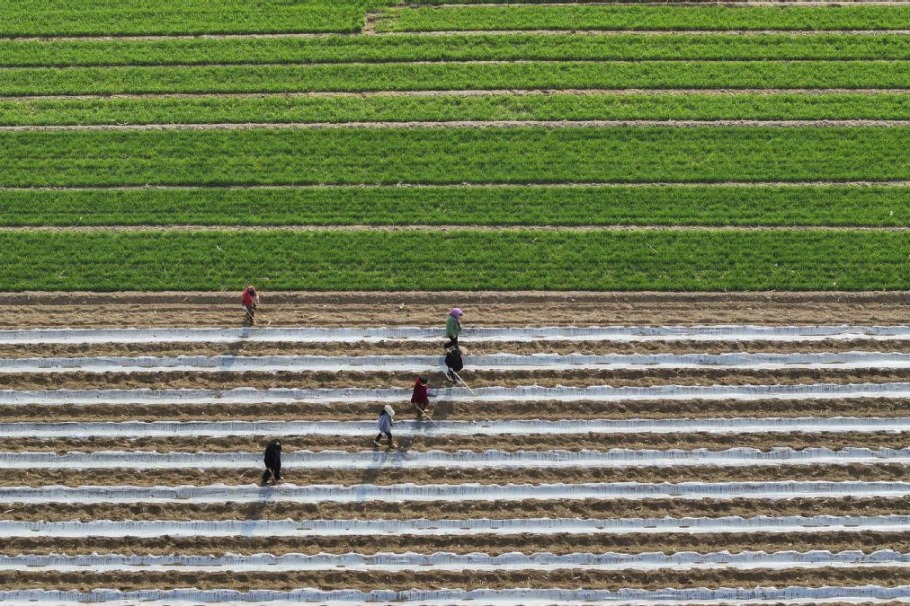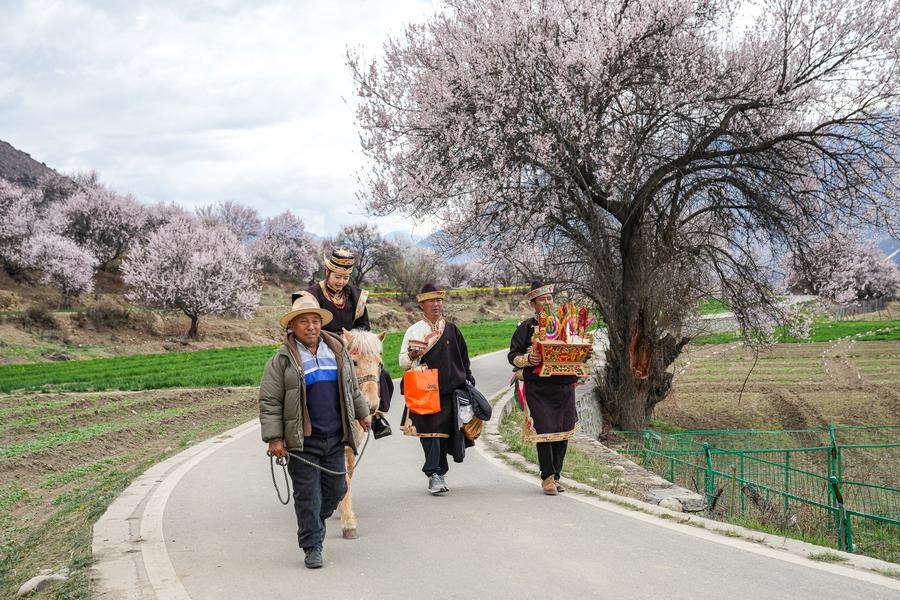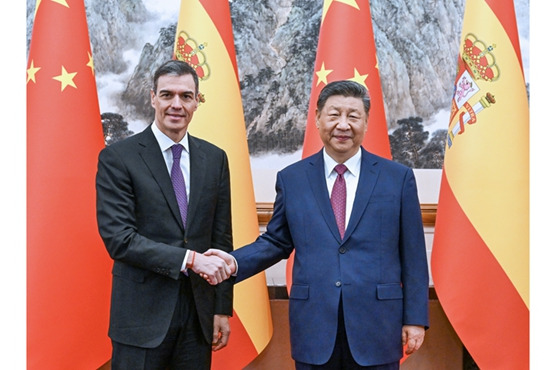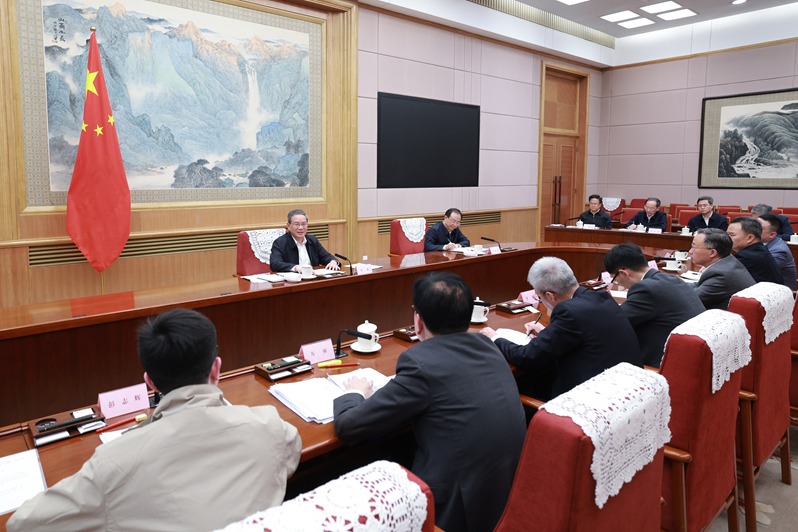Full Text: Slanderer Adrian Zenz's Xinjiang-related Fallacies Versus the Truth

Fallacy Eight: Forced labor in cotton production in Xinjiang
Adrian Zenz said in his report that hundreds of thousands of ethnic minority workers in Xinjiang have been forced to pick cotton by hand through the national compulsory labor transfer and poverty alleviation program. He said that about 70 percent of the region's cotton fields had to be picked by hand and cotton picking in Xinjiang continues to rely strongly on manual labor. But in fact, cotton production in Xinjiang has already achieved a high degree of mechanization, and even in the busy picking season, there is no need for a large number of cotton pickers. According to the data released in 2020 by the Xinjiang regional department of agriculture and rural affairs, the mechanical cotton-picking rate in Xinjiang has reached 69.83%. Adrian Zenz's claim that 70% of cotton in Xinjiang is picked by hand is inconsistent with the fact.
Zenz said in the report that the government has also implemented a large-scale plan to replace cotton pickers of Han ethnic group with ethnic minority cotton pickers. He claimed that labor transfer involves coercive mobilization through local work teams, transfer of pickers in tightly supervised groups, and intrusive on-site surveillance by government officials and (in at least some cases) police officers. This statement is also out of his imagination. It is not only the basic right of the masses of all ethnic groups in Xinjiang, but also the wish of the masses to make better living. There is no compulsory mobilization at all. A few years ago, every autumn when cotton was ripe, many migrant workers from Henan Province, Sichuan Province and other places went to Xinjiang by train to pick cotton. Although it is very hard to pick cotton, some ethnic minorities are willing to join in the work because of the high income and free accommodation offered by those cotton growers. On the basis of equality, voluntariness and consultation, these cotton pickers signed labor contracts with cotton growers to obtain corresponding remuneration. For example, Memet Mettursun from Yutian County, Xinjiang, and his wife went to Qiemo County to pick cotton in 2018. In less than two months, they picked 11.5 tonnes of cotton, with an income of 23,000 yuan. It is understood that in nearly 50 days of cotton-picking season, each picker can earn over 10,000 yuan on average. In such a short period of time, people can earn so much money, why don't they join the work? As for the decline in the number of Han cotton pickers in recent years, this is mainly due to the continuous increase in the income of rural labor outside Xinjiang and the continuous decrease in the number of cotton pickers going to Xinjiang, which has nothing to do with Adrian Zenz's imagination of "the government forcing local labor".
Adrian Zenz's claim that a Withhold Release Order should be put on any product containing cotton from any part of Xinjiang angered many cotton farmers in Xinjiang. Cotton is an important industrial crop in Xinjiang. For the whole Xinjiang, especially for the ethnic minority families in southern Xinjiang, planting cotton is an important source of income. "We invite people to pick cotton, and they can earn more than 10,000 yuan in more than two months, and they all rush to the job. How dare they call it 'forced labor' while we are planting in our own land and collecting our own cotton?" Baikel Suwur, a cotton planter from Kuqa City in Xinjiang, said at a press conference on February 1, 2021. "Those who make rumors do not want to protect our rights at all. They want to smash the bowls of our farmers and make us lose job or food. We firmly say no to them!"
Adrian Zenz said in the report: if it is assumed that most cotton production in Xinjiang is affected by forced labor, any cotton industry in Xinjiang may involve forced labor in the absence of meaningful and independent review of actual working conditions, and "the possibility of forced labor is very high." Thus, the international community should issue temporary sanctions against any production containing cotton from Xinjiang. These "conclusions" show how absurd Adrian Zenz is, and these "conclusions" have become the basis for Western anti-China forces to identify and sanction the existence of "forced labor" in Xinjiang cotton textile industry. Aksu Huafu Color Textile Co., Ltd. is one of the sanctioned enterprises. But in fact, there is no "forced labor" problem in the company. In October 2020, envoys and diplomats from 20 Arab countries and the Arab League in China visited the Aksu Huafu Color Textile Co., Ltd. Kadar Robleh Kadieh, Djibouti's counselor to China, said that "the enterprise is run very well. These employees work and live happily here and enjoy legitimate rights. We should learn from the Chinese government who always thinks about the people and actively helps the people." A Yemeni diplomat said the factory reminded of the textile factories in Sanaa and Aden, Yemen. He looks forward to the Huafu company helping them resume factories after the end of the civil war in Yemen. The staff of Huafu enjoy a comfortable and stable life and are well treated in terms of clothing, food, housing and training."
Adrian Zenz slandered this as "forced labor" in Xinjiang's cotton textile industries, aiming to incite the United States and other Western anti-China forces to sanction, restrict and suppress Xinjiang's cotton industry, deprive Xinjiang's cotton farmers and cotton pickers of their legitimate labor rights, and disrupt Xinjiang's social stability and prosperity.
















